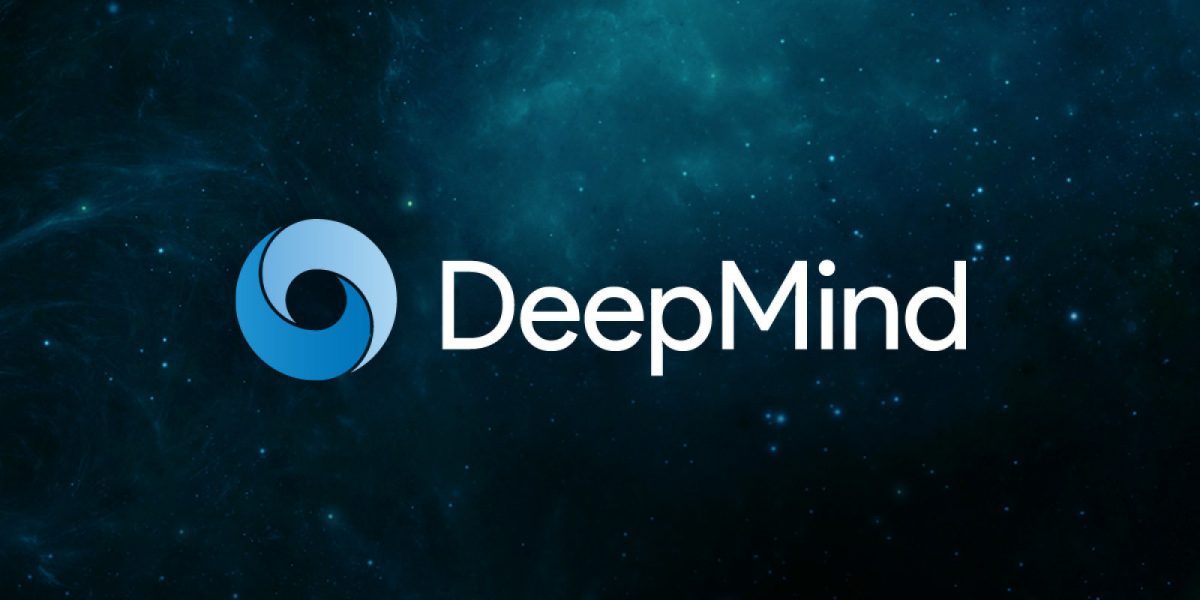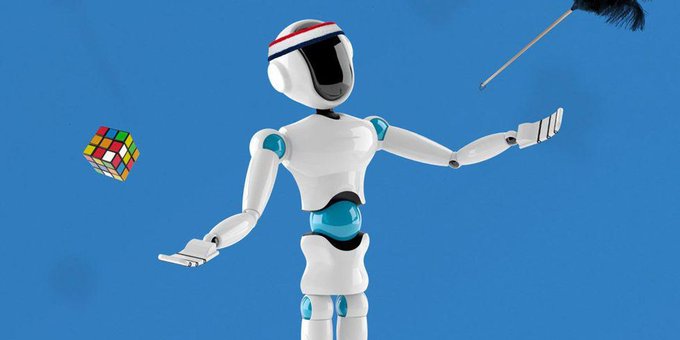
[landing a job at top-tier AI labs] It's officially published! 🥳The whole story of how I landed a job at @DeepMind is out!
Blog: gordicaleksa.medium.com/how-i-got-a-jo…
It took some time to write this one.😅
Blog: gordicaleksa.medium.com/how-i-got-a-jo…
It took some time to write this one.😅

Again thanks to @PetarV_93, @relja_work, Cameron Anderson, Saima Hussain for being supportive throughout this journey!
2/
2/
In this blog you'll find:
* The details on how @DeepMind's hiring pipeline is structured.
* Many tips on how to prepare for top-tier AI labs (like DeepMind, OpenAI, etc.) in the world (for research engineering roles but I guess many tips will apply for scientists as well).
3/
* The details on how @DeepMind's hiring pipeline is structured.
* Many tips on how to prepare for top-tier AI labs (like DeepMind, OpenAI, etc.) in the world (for research engineering roles but I guess many tips will apply for scientists as well).
3/
* How to get referrals (hint: it's definitely not about approaching people you don't know and asking them to refer you).
Note: it does take some time to read it. Feel free to skip sections (there are 3 sections in total).
4/
Note: it does take some time to read it. Feel free to skip sections (there are 3 sections in total).
4/
And recently I found many many useful blogs from @math_rachel and @jeremyphoward that deeply resonate with how I think about education so check them out as well:
1) fast.ai/2017/04/06/alt…
2) fast.ai/2017/12/18/per…
3) fast.ai/2016/10/08/tea…
4) fast.ai/2017/03/01/cha…
5/
1) fast.ai/2017/04/06/alt…
2) fast.ai/2017/12/18/per…
3) fast.ai/2016/10/08/tea…
4) fast.ai/2017/03/01/cha…
5/
Also for those of you who are new here, I have a YouTube channel: youtube.com/c/TheAIEpiphan…
and also:
👨👩👧👦 Join the Discord community (lots of smart people):
Discord ► lnkd.in/eWAFXnJh
📢 Subscribe to my monthly AI newsletter:
Substack ► lnkd.in/e2Ex_w29
6/
and also:
👨👩👧👦 Join the Discord community (lots of smart people):
Discord ► lnkd.in/eWAFXnJh
📢 Subscribe to my monthly AI newsletter:
Substack ► lnkd.in/e2Ex_w29
6/
• • •
Missing some Tweet in this thread? You can try to
force a refresh







